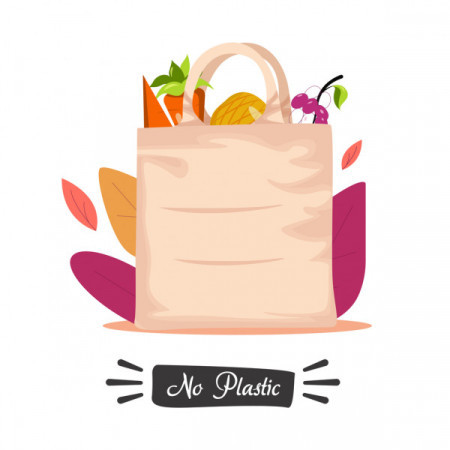Beach time is right around the corner. The weather is already warming up as Summer is approaching fast. As a kid, I felt the beach was the perfect family destination. I want it to remain that way for future generations. Today, I worry about how we’ll preserve our oceans and protect its marine life. Pollution, including single-use plastic, is threatening our way of life.
Single-use plastics, also known as disposable plastics, are typically used only once before they are discarded. These common everyday items include plastic bags, soda and water bottles, straws, coffee stirrers, and food packaging– often petroleum based and non-biodegradable.
Although plastic will not biodegrade, it will break down into tiny particles over time. As it degrades, it releases toxic chemicals which make their way into our soil, water supply and oceans.
Why should we be concerned about single-use plastic?
Here are some statistics from Shocking Ocean Plastic Statistics: The Threat to Marine life, The Ocean & Humanity—
- More than 1 million seabirds and 100,000 marine animals die from plastic pollution every year.
- The world produces 381 million tonnes in plastic waste yearly – this is set to double by 2034.
- 50% of this is single-use plastic & only 9% has ever been recycled.
- More than 1 million plastic bags end up in the trash every minute.
- The world uses over 500 billion plastic bags a year – that’s 150 for each person on Earth.
The numbers on single-use plastic don’t lie
Bounce around different sites and you’ll find more alarming statistics such as a plastic bag has an average “working life” of 15 minutes and packaging accounts for more than 40% of plastic usage. Did you know a single plastic bag can take 1,000 years to degrade? We have produced more plastic in the last decade than during the last century.
It’s clear to see we have a huge problem argues Melvyn Mangion.
Our out-of-control plastic consumption is a growing issue that governments and corporations need to address in our challenge for sustainable living. We need solutions and, more importantly, action to stop and reverse the damage to our environment.
We can do our part by consuming less and making better choices at the register.
12 quick tips to avoid single-use plastic
We can make mindful choices that can help the environment while saving money and wasting less resources. Here are a few ideas to start today–
- Stop using disposable grocery store bags. Switch to reusable bags.
- Skip plastic straws or replace them with a reusable stainless steel or glass straw.
- Replace cling wrap and disposable sandwich bags with washable beeswax wrap and reusable sandwich bags.
- Choose more sustainable packaging whenever possible. An example is buying soap or powdered laundry detergent packaged in cardboard which is more easily recycled than the plastic packaging of liquid versions.
- Purchase dry food items from bulk bins and fill your own reusable bag or container.
- Reuse containers for storing leftovers or packing lunches.
- Drop the bottled water habit and start using a refillable bottle.
- Nix buying fruit juice in plastic bottles and make your own fresh squeezed.
- Bring your own container for take-out or a travel mug for coffee shop stops.
- Swap buying frozen foods which are mostly packaged in plastic for cooking more at home.
- Avoid buying single serving foods such as fruit cups, potato chips and cookies. Package your own items in reusable containers.
- Reduce toxins and plastic bottles by making your own cleaning products.
This is only a glimpse of the numerous choices we face daily and how we can change our habits for greener living.
Moving forward
We need to do more to reduce our consumption and improve the disposal of our waste and recyclables. A good start is to reduce, or ideally eliminate, our dependence on single-use plastic. It’s something we do out of convenience and habit without realizing we’re contributing to a growing world problem in our waterways.
Our choices are shaping our world. A single plastic pudding cup may not seem so harmful but we don’t know where it will end up. Whenever possible, skip the plastic and you’ll be helping to reduce our plastic footprint.
The beach is a serene escape where we can look at the horizon and imagine we can do great things in this world. And, we really can.
